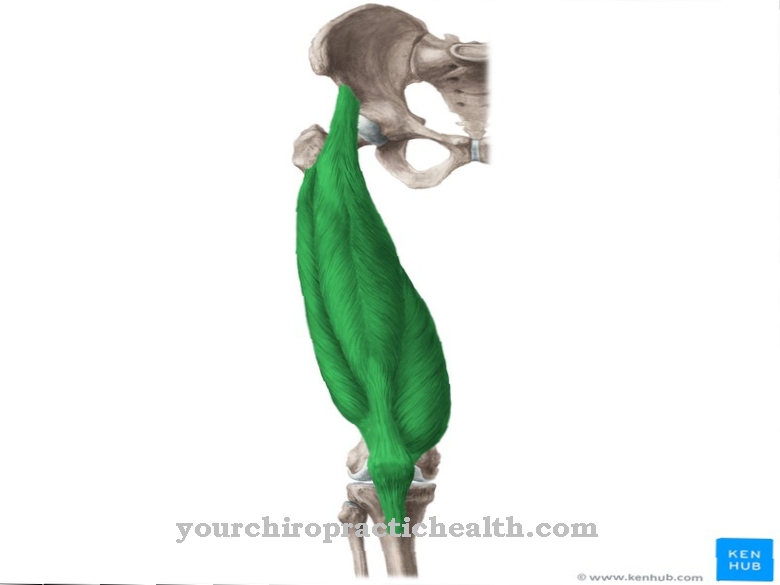Of the Hospitalism can take different forms. It used to be also called Deprivation Syndrome describes and summarizes all negative psychological or physical long-term consequences of a home or hospital stay. However, hospitalism is fundamentally due to inadequate support in the above-mentioned institutions.
What is hospitalism?

© LIGHTFIELD STUDIOS - stock.adobe.com
The concept of Hospitalism summarizes various negative consequences of long-term inpatient accommodation in medicine. Alternatively, for example, hospitalism is referred to as emotional frustration syndrome or Separation syndrome.
Depending on the symptoms that occur, a distinction can be made between physical (physical) and psychological hospitalism; Possible symptoms of physical hospitalism include regression of the muscles, restricted mobility or thrombosis (blood clotting). Symptoms of psychological hospitalism can include, for example, depressive moods, stereotypical movements (such as rocking or rocking the upper body) or auto-aggression (aggressive actions against yourself).
Hospitalism can occur regardless of age. For example, people of all ages can be affected after a long hospital stay. Hospitalism can also be found in some children or elderly people who are or were housed in children's homes or nursing homes.
causes
Possible causes of a Hospitalism are diverse and differ depending on the symptoms that occur. Physical hospitalism is mostly caused by incorrect or inadequate care measures during the storage / long-term accommodation of a person.
In bedridden patients, for example, physical damage can be caused by too seldom physical repositioning, inadequate hygienic measures and / or a lack of physiotherapy exercises.
Mental hospitalism is mostly due to factors such as a lack of emotional attention, a lack of employment opportunities and the lack of acoustic and visual stimulation (such as music, colors or images). Outright rejection by caregivers can also favor mental hospitalism.
Symptoms, ailments & signs
The symptoms of hospitalism are varied and extensive. They can vary from case to case. The age of the person affected is also decisive. Mental disorders such as anxiety, depression, suicidal thoughts, borderline personality disorder, basic passive mood, indifference to apathy, lack of self-confidence, auto-aggressive behavior and resignation are particularly common.
Mental disorders often result in disorders in social behavior. Those affected develop fear of attachment, adjustment and communication disorders and can tend to aggressive behavior and poor personal hygiene. In addition, sensory disturbances such as changed or delayed pain perception, fear of contact or hypersensitivity are possible.
Cognitive disorders often occur. Those affected often have learning disorders, but also impaired perception. Loss of memory or even loss of long or short-term memory can rarely occur. In many cases, those affected also show motor disorders such as monotonous movements and stereotypes (for example banging their head against the wall) or a greatly reduced ability to react.
Another symptom of hospitalism can be impaired wound healing due to bed rest. In some cases, affected children experience delays in development (e.g. short stature or cognitive deficits) and increased thumb sucking. They develop a lack of security and a disturbed basic trust, which can sometimes have a massive impact on the further development of the child.
Diagnosis & course
Is to be diagnosed Hospitalism for example, on the basis of typical, occurring symptoms of an affected person and a medical history with at least a longer inpatient stay. However, physical hospitalism can usually be diagnosed more easily because physical symptoms can be more clearly assigned to certain influencing factors. A clear connection between psychological symptoms and certain influencing factors is usually more difficult.
The course of hospitalism varies from person to person and depends on various factors: The physical / psychological constitution of a person affected, the period of time for which a person was / is exposed to the damaging influence and the severity of the symptoms play a role.
With early intervention, an almost complete resolution of the corresponding symptoms is possible. The course of hospitalism can be more protracted if the person concerned has already developed serious psychological / physical complications. Here it is possible that, through interventions, symptoms improve, but no complete cure occurs.
Complications
Hospitalism can cause very different complaints and symptoms, from which the patient can die in the worst case. In many cases, death occurs when treatments and care are carried out with a low standard of hygiene and inflammation and infection occur. The affected person usually suffers from weight loss and loss of appetite.
There are also side effects from any medication you may have taken. The psychological state of the patient is also restricted by hospitalism, which leads to confusion, panic attacks and depression. The lack of exercise in the hospital also leads to muscle wasting and thus to a reduced resilience of the patient. The quality of life decreases significantly as a result of the complaints and the person concerned feels sick.
The psychological state can continue to deteriorate if the underlying illness does not go well and it cannot be cured properly. The symptoms usually go away relatively quickly if the causes of the hospitalism can be treated and removed. Complications arise when there is no treatment. This can still lead to death of the patient.
When should you go to the doctor?
If symptoms such as loss of appetite, apathy, and personality changes are noticed, seek medical advice. Hospitalism always occurs in connection with a stay in hospital. That is why you should speak to the treating doctor if the symptoms mentioned occur. Most of the time, the necessary assistance is provided before serious complaints arise. If acute symptoms arise, the nursing staff must be informed. In cooperation with the responsible doctor, suitable aids can be made available to reduce the suffering of the person concerned.
Further treatment is required for physical complaints. Any ulcers need to be examined and cleaned, and infections need prompt drug treatment. Immediate medical attention is required, regardless of whether the patient or a caregiver notices these symptoms. Hospitalism is usually not a serious ailment, but the patient must be carefully observed and medically treated. If the symptoms recur after leaving the clinic, it is best to inform your family doctor immediately.
Doctors & therapists in your area
Treatment & Therapy
To find different forms of the Hospitalism To be able to fight successfully, a first important behavioral measure is to adapt the external circumstances to the needs of the person affected. Whether such a change is possible in the previous environment or whether it makes sense to switch to an alternative environment depends on the individual case. Corresponding improvements in the person's environment often contribute to the healing process of various symptoms. As a rule, the earlier the necessary interventions, the better the treatment success with hospitalism.
Therapy measures that take place in a second step depend on the symptoms present in hospitalism: Any physical damage and / or functional impairment must be countered individually, for example with medication or physiotherapy measures. Mental impairments in the context of hospitalism can be positively influenced, among other things, by consistently addressing and occupying a person affected and by designing a stimulating environment (for example using colors, images, texts or sounds in the form of radio, books or television).
If, due to long-term neglect, serious complaints have arisen in the context of psychological hospitalism, longer-term psychotherapeutic measures may also be necessary.
You can find your medication here
➔ Drugs for personality disordersOutlook & forecast
Recovery from hospitalism in its psychological manifestations depends heavily on the length of hospitalization and the age of the patient concerned. Short-term deprivation can trigger symptoms of hospitalism, but these usually disappear faster than after a long stay in a hospital or a similar facility.
Adult patients are also more resilient, while children and especially toddlers and infants can suffer from sensitive psychological damage. Fortunately, nowadays great care is taken to enable young patients in particular to have regular and intensive contact with their parents and to give them the attention they need from the nursing staff to keep the symptoms of hospitalism low from the outset.
Cases of hospitalism that are associated with abuse have particularly long healing processes. These are often criminal cases in which the person concerned was locked up in isolation for a long time. In these cases, hospitalism can develop into Kaspar-Hauser syndrome, which is considered the most severe form of hospitalism. The physical expression of hospitalism, the nosocomial infection, is a serious complication. In the case of infection with hospital germs, antibiotics usually no longer help, so that the patient's immune system has to deal with the infection itself. Such infections are often fatal in poor health.
prevention
This can be prevented Hospitalism often through needs-based care or care for those who are under protection. A development of psychological hospitalism in infants, for example, who have to spend long periods in hospital for medical reasons after birth, can often be prevented by early and regular physical contact with the caregivers. A stimulating and appreciative environment often has a preventive effect against psychological hospitalism.
Aftercare
With hospitalism, follow-up care depends on how severe the condition is. A slight hospitalism usually subsides on its own as soon as the patient experiences the necessary affection. The family doctor should be consulted again after a few days to weeks. The doctor can perform a physical examination and, if necessary, prescribe a suitable drug.
If hospitalism is severe, therapeutic treatment is usually necessary. After completing therapy, the patient must be mindful of an active, fulfilling lifestyle. Since there is often a fear of hospitals, suitable alternatives must be sought. Before going to hospital again, the patient should speak to the therapist. You may need to take sedatives or antidepressants.
Affected toddlers must experience permanent maternal care. This succeeds in that the sick child is placed in a foster family or the parents develop an intimate relationship with the child as part of mother-child therapy. Hospitalism nowadays only rarely occurs, which is why targeted therapy must always be carried out with a view to the respective physical, mental and emotional complaints. In the case of severe hospitalism, placement in a specialist facility may be necessary.
You can do that yourself
In order to treat hospitalism, the external circumstances of the person affected must first be adjusted. If possible, the patient should be moved to a more suitable accommodation and must be looked after individually and in relation to his needs. In addition, the resulting psychological and physical impairments must be treated. Which measures have to be taken in detail depends entirely on the respective complaint.
Physiotherapy is usually recommended because physical activity is an important therapeutic tool. In addition to the therapeutic treatment, psychological complaints are alleviated through regular engagement with the person affected. Daily conversations as well as practicing hobbies or mere contact with friends and family can already significantly alleviate hospitalism. The patient's environment should be designed in an appealing manner, be it through images, colors or sounds in the form of radio, books, television or other employment opportunities.
If hospitalism occurs after leaving the clinic or nursing home, the person concerned also needs care and attention. In less severe cases, hospitalism disappears on its own and the patient is fit again after a few weeks or months. In any case, a doctor must be informed about the complaints.




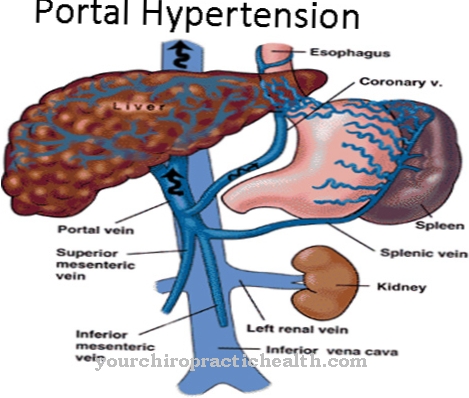
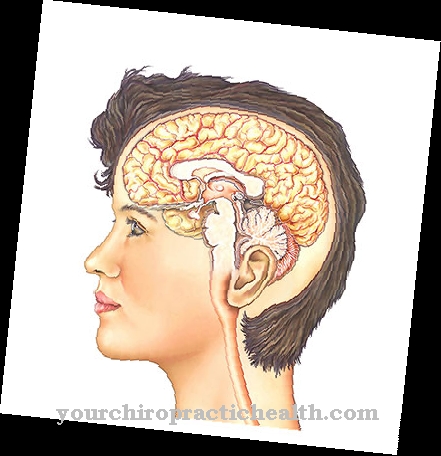
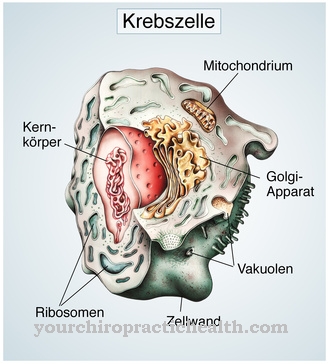


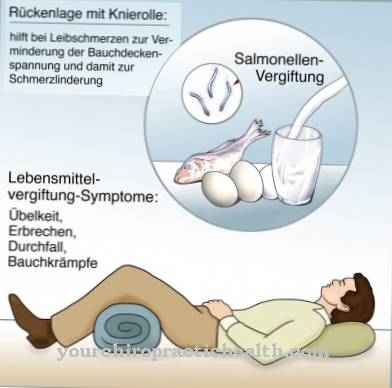
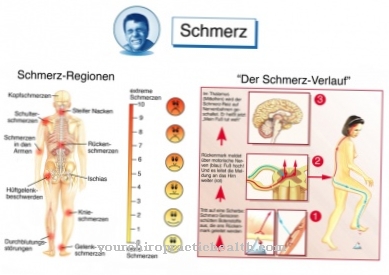




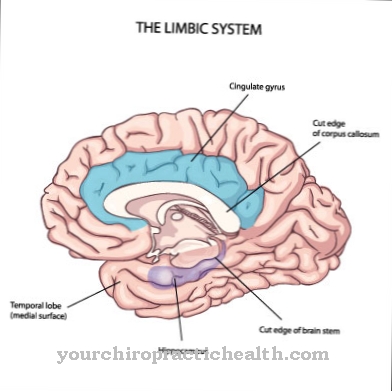
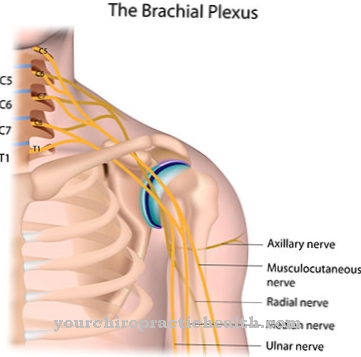


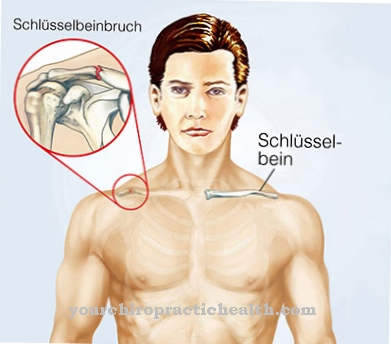

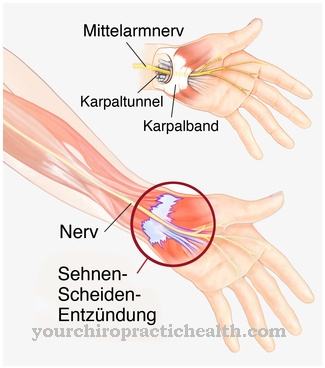
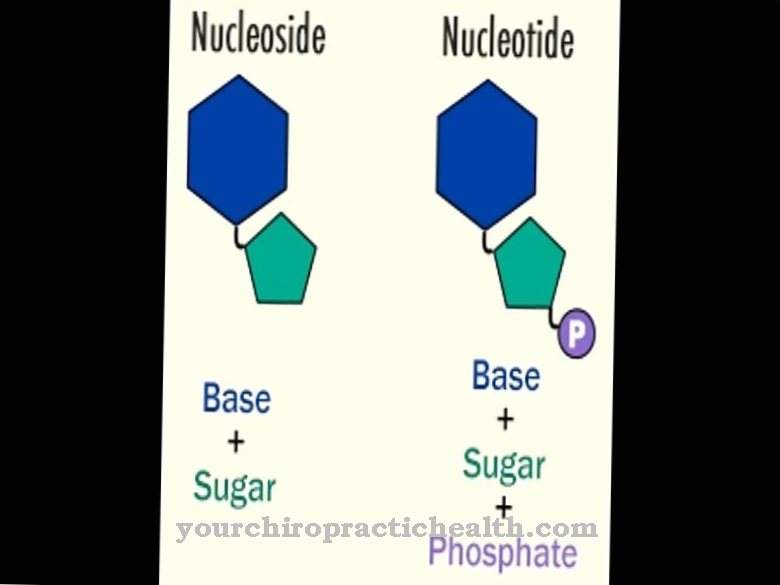

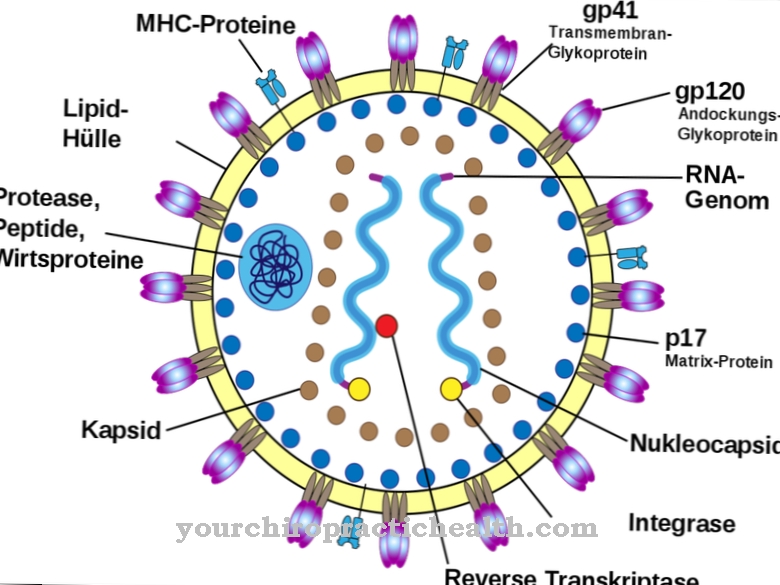
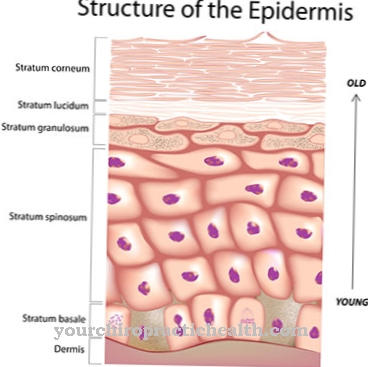
.jpg)
